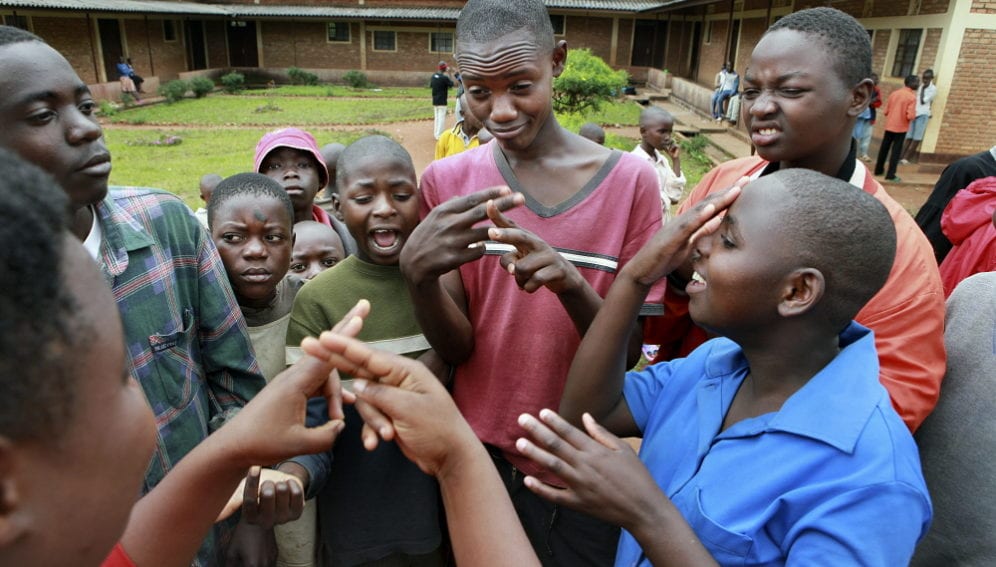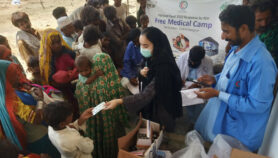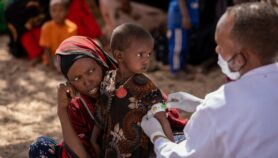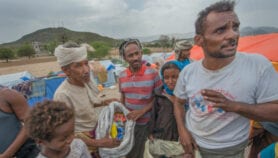By: Sue Coe
Send to a friend
The details you provide on this page will not be used to send unsolicited email, and will not be sold to a 3rd party. See privacy policy.
Data gaps on disability need to be filled if future development goals are to be robustly monitored, says Sue Coe.
A UN panel's report last month on the post-2015 development agenda called for a 'data revolution' to monitor the impact of new global development goals and ensure the world's poorest people get the support they need. The report says that large data gaps and data inaccessibility lead to unreliable baseline data against which to judge progress.
The global disability movement will applaud this finding. Lack of investment in accurate data capture on disability has hindered the advancement of disability inclusion in development work for decades.
Robust research has established that the true proportion of people with impairments in developing countries is in the ten to 20 per cent range. Yet national census data tend to report rates of one to three per cent. [1]
A key reason for statistical under-reporting on disability is that most surveys do not seek to capture information on impairments. Another widespread — but generally unacknowledged — issue is that people with disabilities are often not regarded as worthy of declaration for data inclusion. Disabled children in particular are sometimes regarded as almost 'subhuman'. Such stigma also leads families and communities to hide disabled children and adults when data surveyors visit homes to ask questions on the household and the community.
Future data collection on disability must be based on the human-rights principles of the UN Convention on the Rights of Persons with Disabilities (CRPD). Since its advent in 2008, 131 countries have ratified the convention. Article 31 obliges these states to collect disaggregated data to inform policies, while still ensuring confidentiality and respect for the privacy of disabled people. [2]
A relatively new approach to data collection on disability is emerging from the UN-convened Washington Group on Disability Statistics. It provides highly practical approaches to statistical data collection based on a short set of simple questions on functionality, rather than interviewees self-declaring whether or not they have a "disability". Examples include "Do you have difficulty seeing, even if wearing glasses" and "Do you have difficulty walking or climbing steps".
And 2013 is yielding new, exciting developments in data-collection approaches, building upon the Washington Group questions. The Model Disability Survey, sponsored by the World Health Organization and the World Bank, is seeking to develop standardised questions to monitor the CRPD's implementation. [3]
Approaches such as these could help ensure that the collection of up-to-date development data to monitor the post-2015 Sustainable Development Goals fully takes disability accessibility and inclusion into account.
Sue Coe has worked in international development for 25 years across Africa, Asia, Europe and the Middle East. Now a development and disability inclusion consultant, she previously worked for World Vision, Practical Action (formerly ITDG), VSO and Action on Hearing Loss (formerly RNID). Coe can be contacted at [email protected].
References
[1] Samman, E. and Rodriguez-Takeuchi, L.K. Old age, disability and mental health: data issues for a post-2015 framework (Overseas Development Institute, May 2013)
[2] UN Convention on the Rights of Persons with Disabilities (UN, 2006)
[3] Ludwig-Maximilians-Universität München Model Disability Survey (Ludwig-Maximilians-Universität München, retrieved 11 June 2013)














